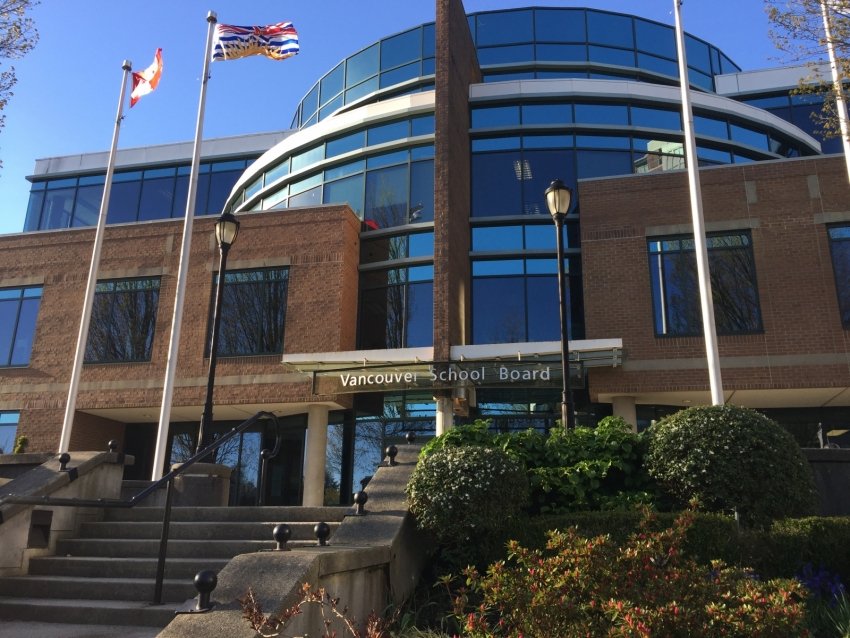EDITORIAL | The VSB Is Closing The Door On Democracy
Photo Credit: Patti Bacchus via Vancouver Observer
On April 3, former Vancouver School Board trustee Ruth Herman attempted to attend a VSB Committee of the Whole meeting in-person as a member of the public, but was told that she can only view Board meetings online.
This committee meeting was the first ‘public’ unveiling of the district’s $700 million draft budget for next school year.
The Editorial Board of the Nest condemns any and all unnecessary barring of any member of the public from Vancouver School Board meetings. This is simply aligning with sections 69 (1) and 69 (2) of the School Act and pillars of democracy. Even if meetings are available through Microsoft Teams, without logical reason, the VSB cannot and should not stop anyone from attending in-person if they wish.
Sections 69 (1) and 69 (2) of the School Act outline that meetings of school boards are open to the public, unless the board decides that in regard to public interest, people other than trustees must be excluded.
Although a public Teams meeting could be considered as ‘open to the public’, we argue that in post-pandemic conditions, to not offer in-person attendance does not accommodate everyone and puts the power of commentary in the hands of the moderators.
As Trustee Jennifer Reddy told The Tyee, “Not everyone connects in one way. Having opportunities to meet and connect with your elected officials, I think, is part of a robust, developing democracy.” Denying the public access to in-person board meetings is avoidance of accountability, not accessibility.
There are accessibility issues to only opening meetings in-person; however, there are still accessibility issues to only opening meetings online. And it begs the question, why can’t Vancouver taxpayers have both?
It seems unreasonable to say that access requiring a computer and a strong internet connection is a flawless accessibility plan, especially since the board responds not only to Vancouver taxpayers and their staff, but to students as well — students who are children from ages 5 to 18.
Restrictions to board meetings began during COVID-19. In October 2020, the previous Board of Trustees voted to require speakers to sign up before attending meetings, shorten their speaking time from ten minutes to five, and require speakers to share their presentation with VSB staff beforehand.
In November 2021, during the pandemic, the same board passed a motion to contain the public ability to address the board and committees to a singular monthly meeting reserved for public engagement. That amendment was made permanent in April 2022.
Herman’s denial of entry follows a visible pattern of increasingly restricted public access to VSB board meetings. This is concerning – the board should be adding more access options, not taking them away.
The virtual meetings also create barriers for the media. Post-meeting interviews and the ability to observe the environment of the meeting are vital for many journalists. Former District PAC (DPAC) Chair Vik Khanna saw the virtual meeting as a barrier as well, stating in the OneCity media release after the April 4 incident, “Importantly, this also shuts media out of the room.”
Another concern is the power of the moderator. During Teams meetings, moderators have the power to mute attendees, and even kick them off the meeting. As well, trustees are afforded the privilege of hiding behind a screen during their meetings. As people who serve the public, the trustees should be looking stakeholders in the eye when announcing decisions. After all, it is the stakeholders who are the most affected by the board’s decisions.

